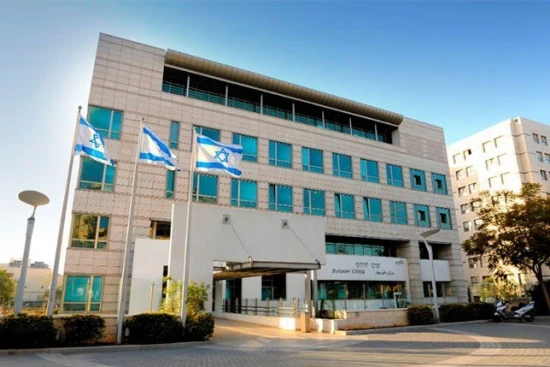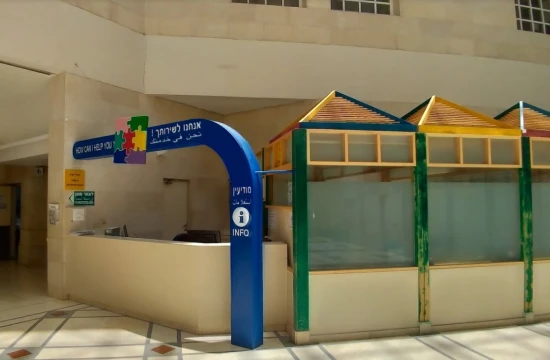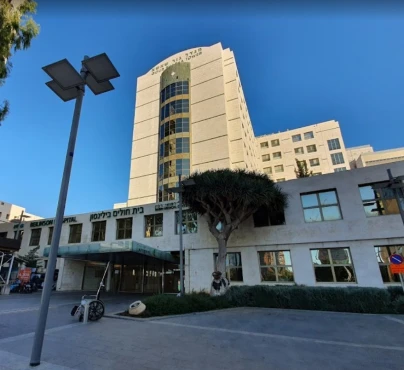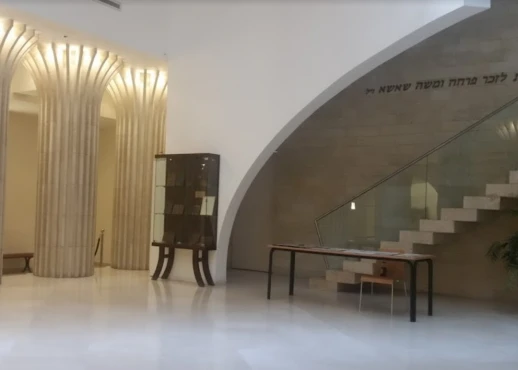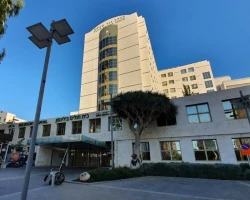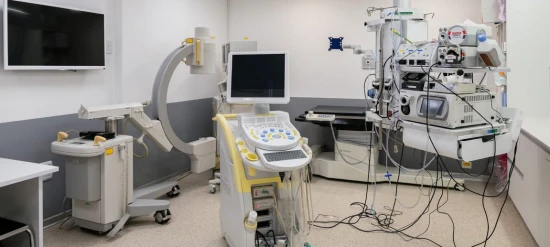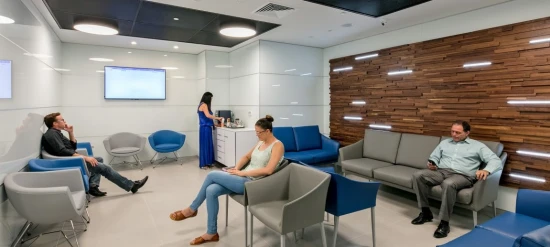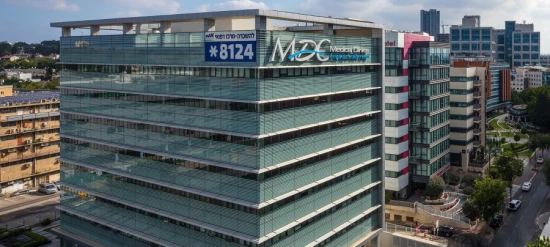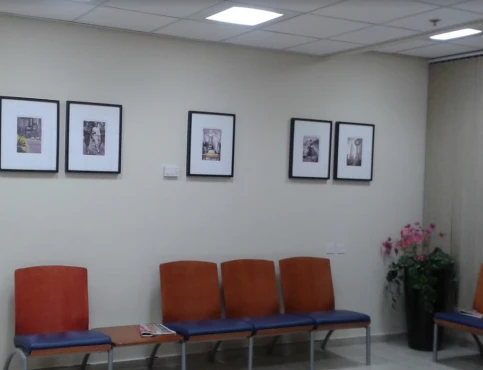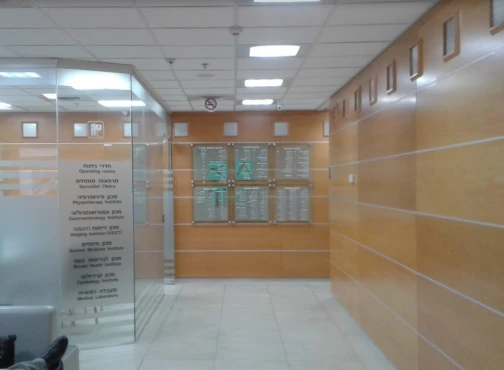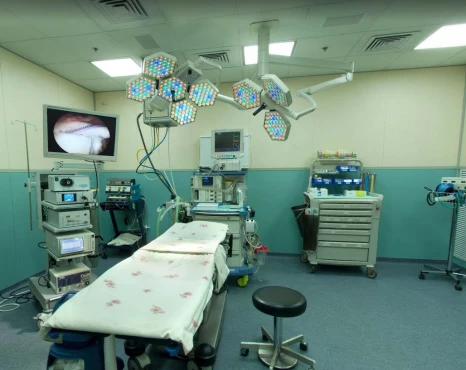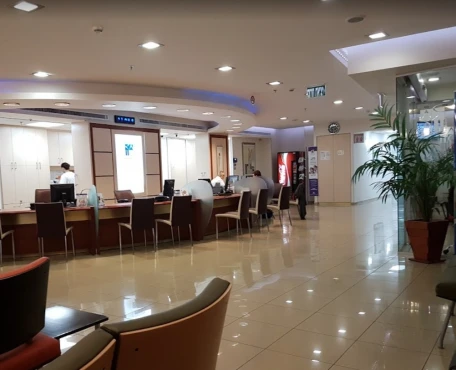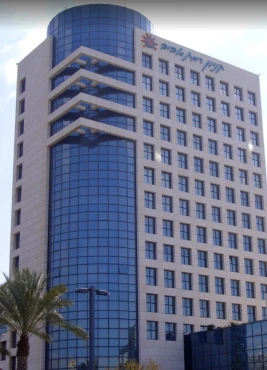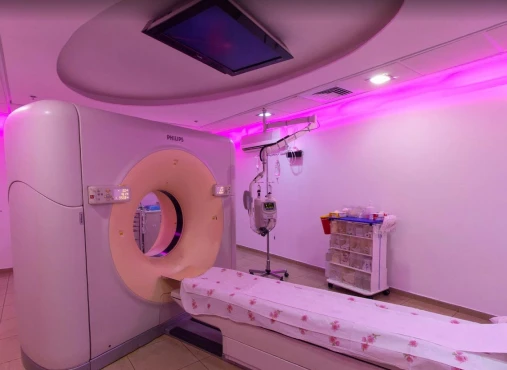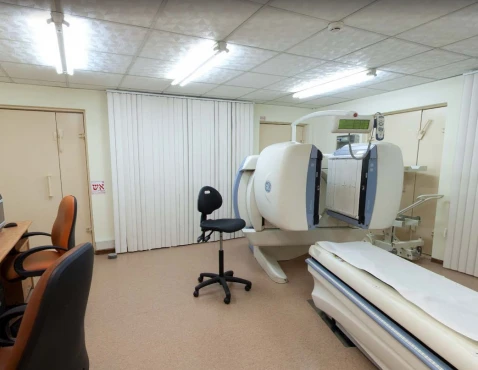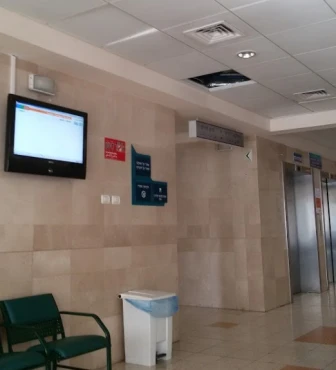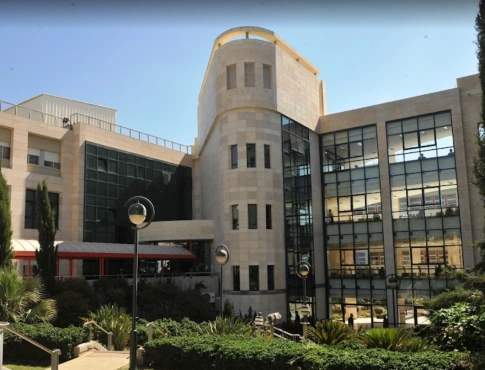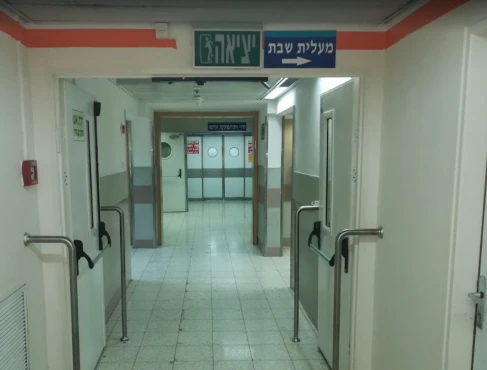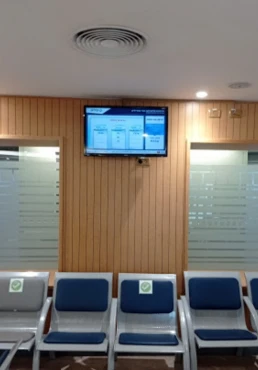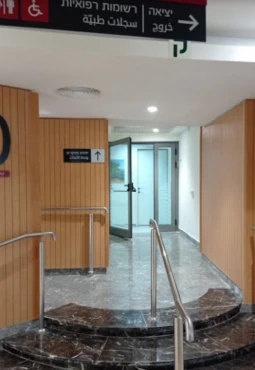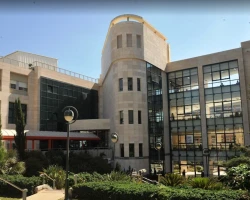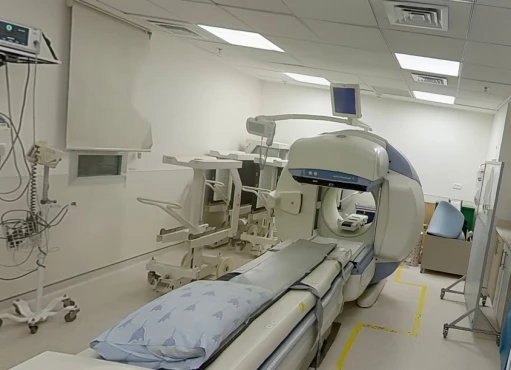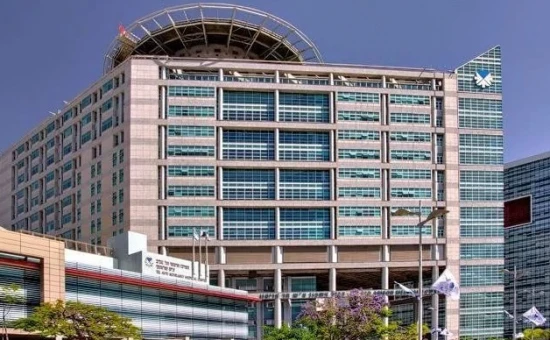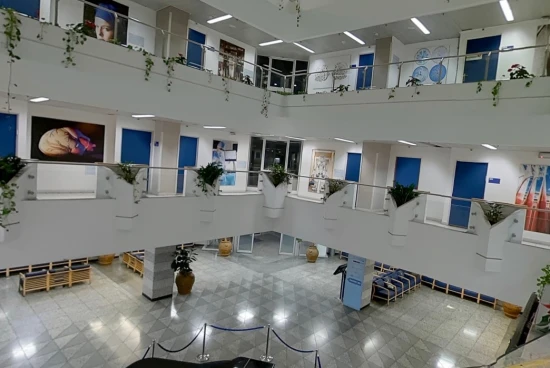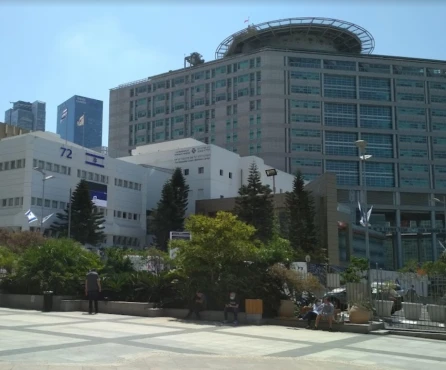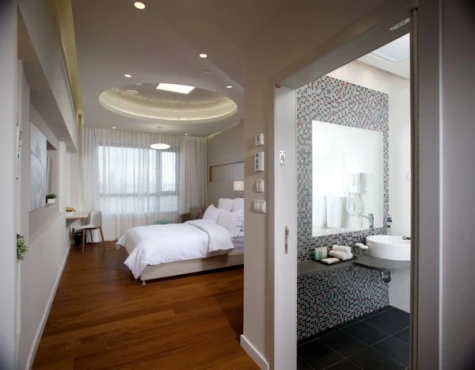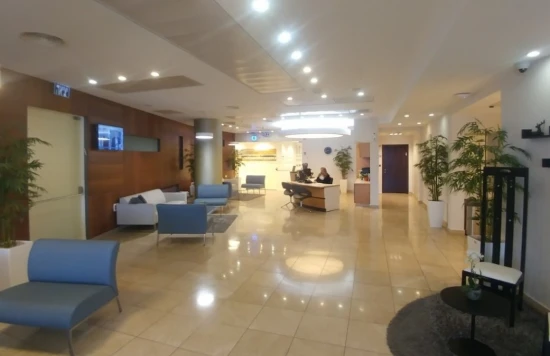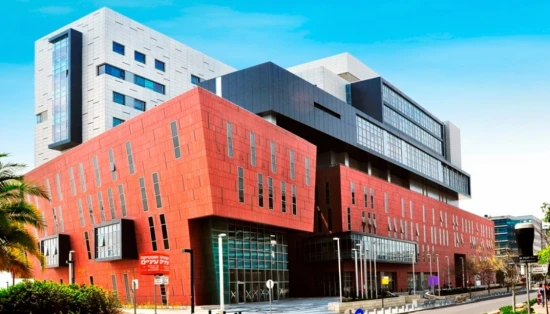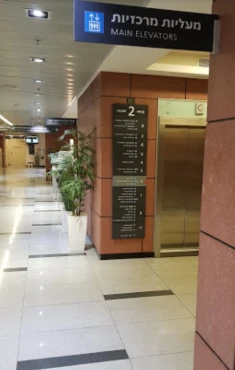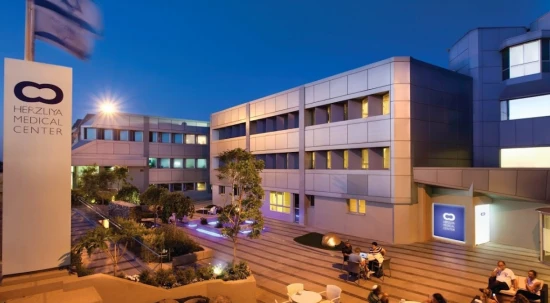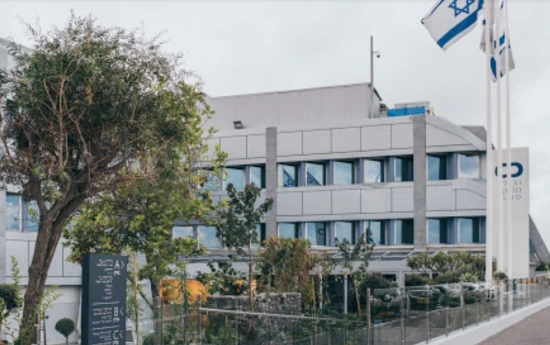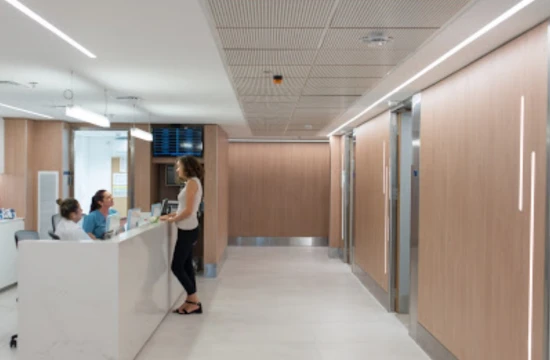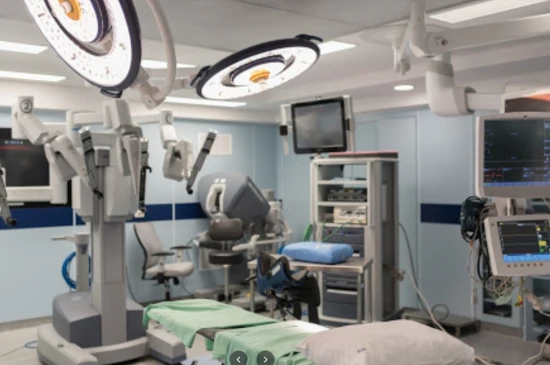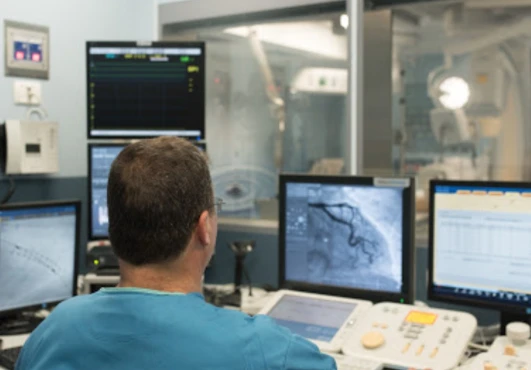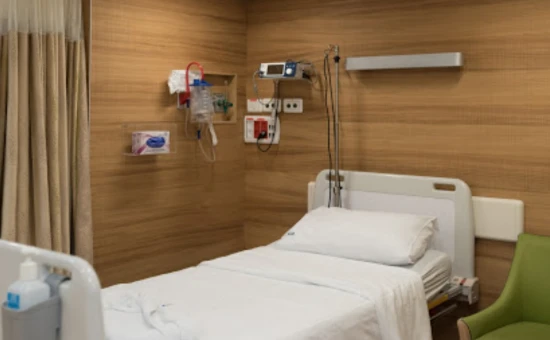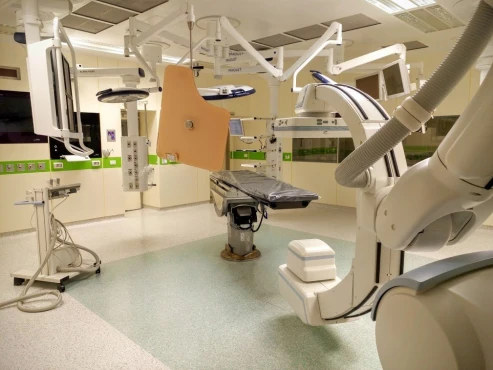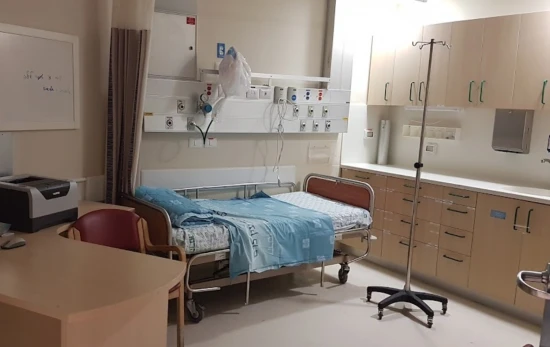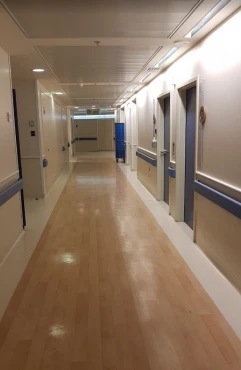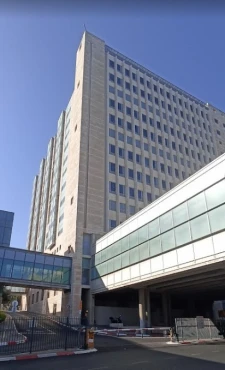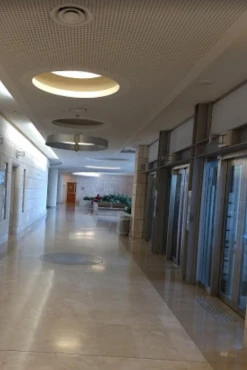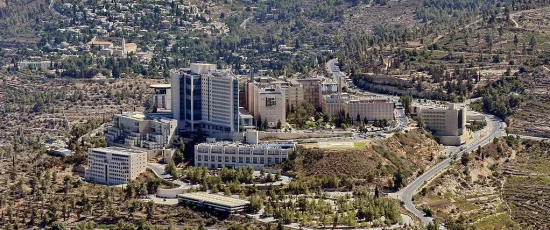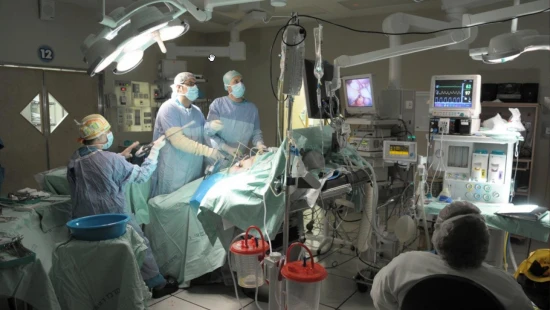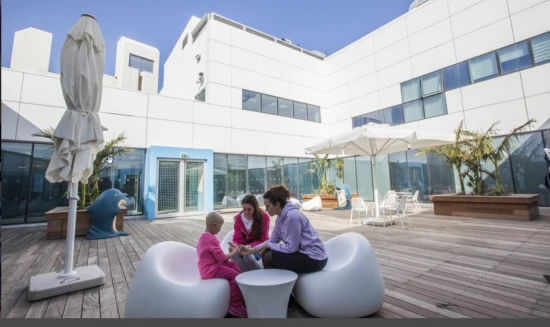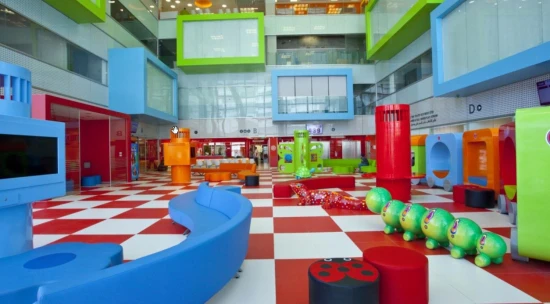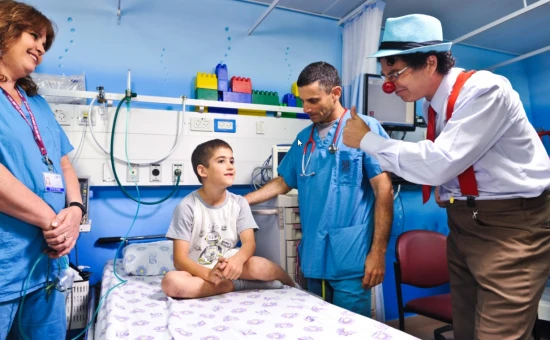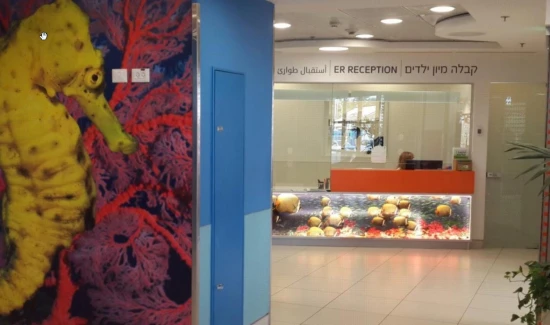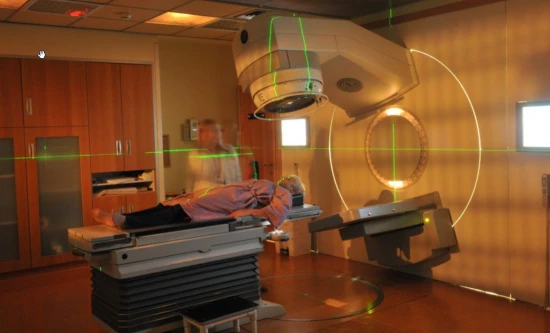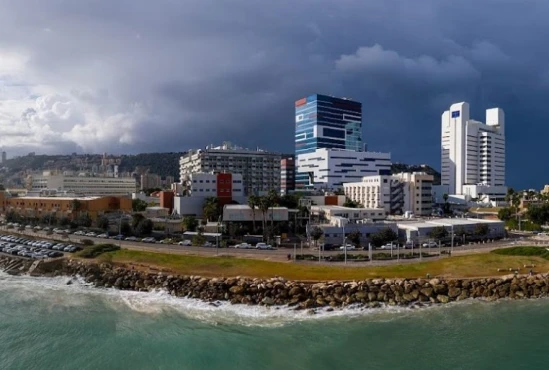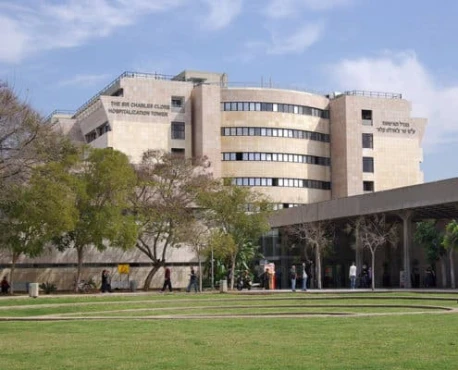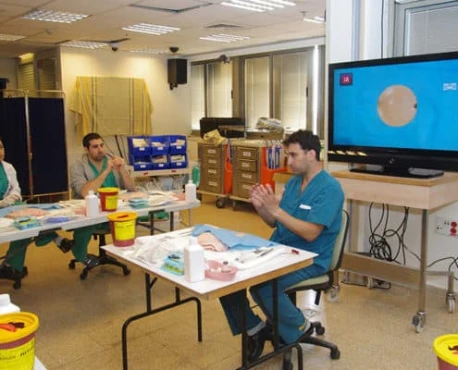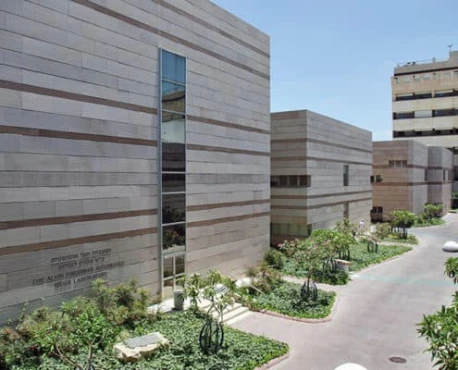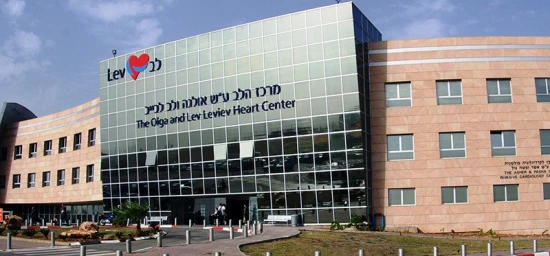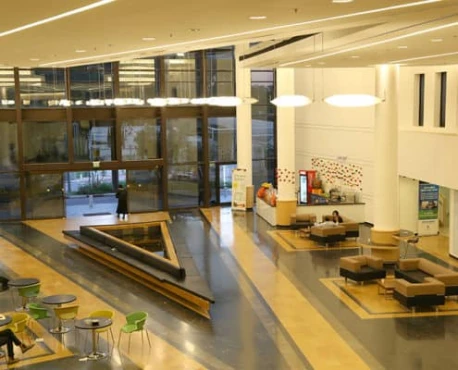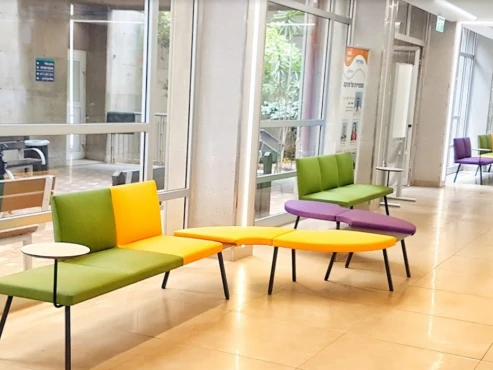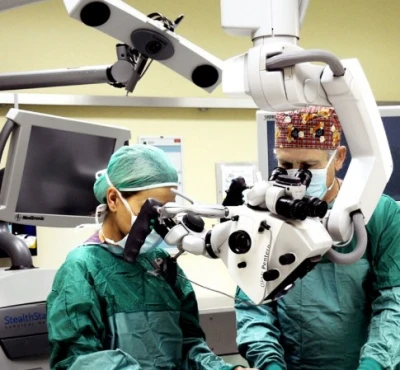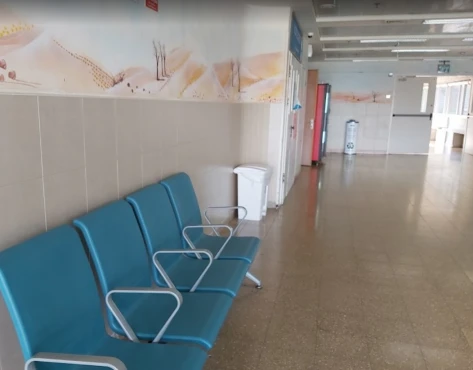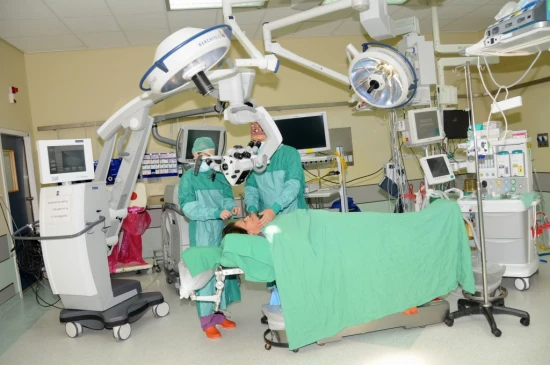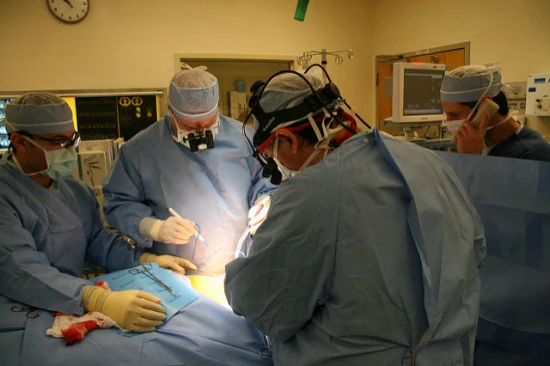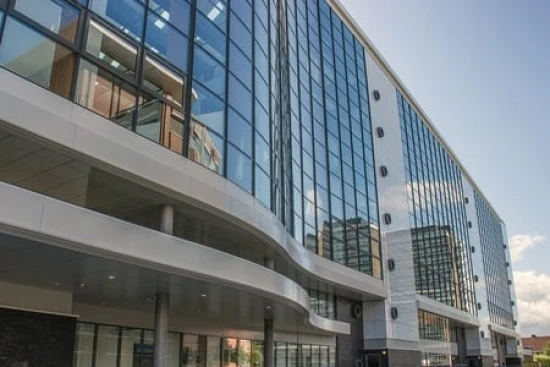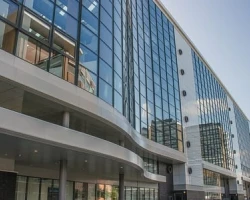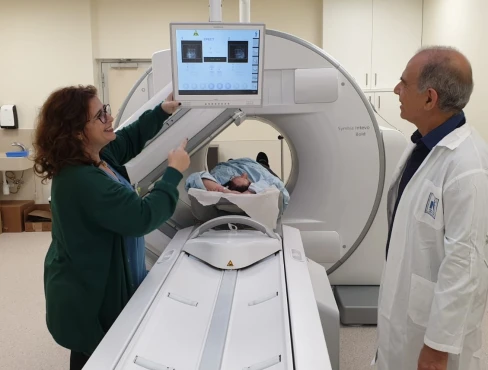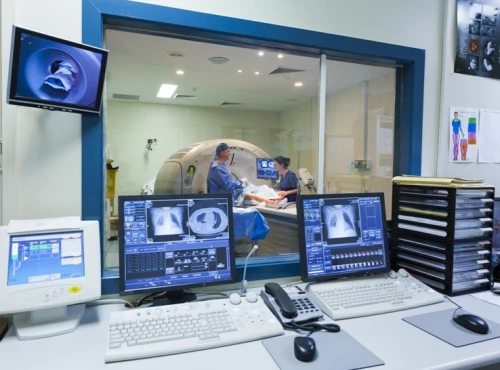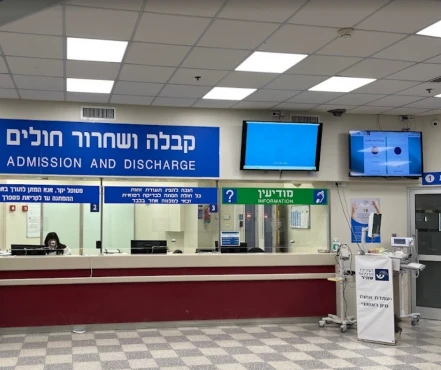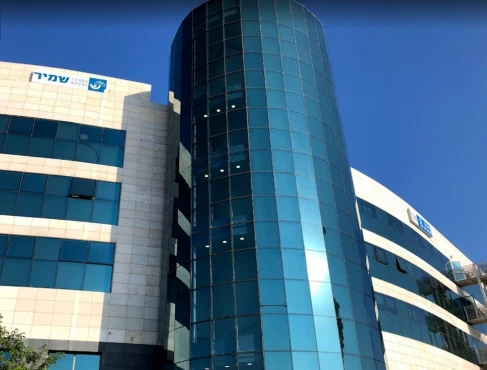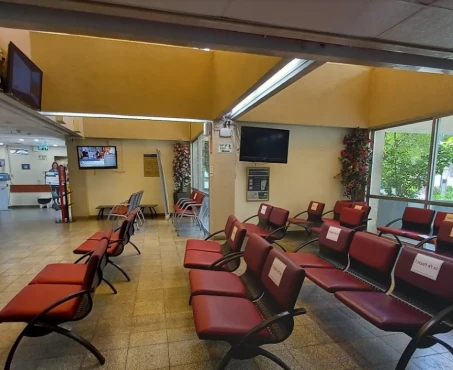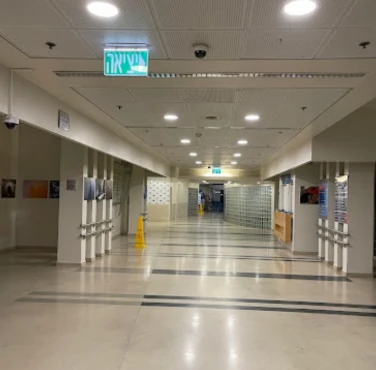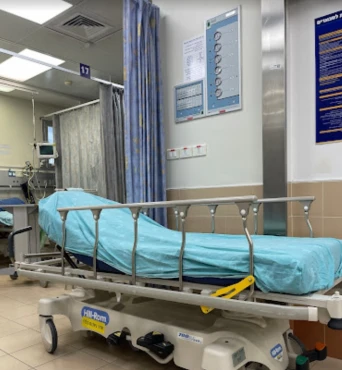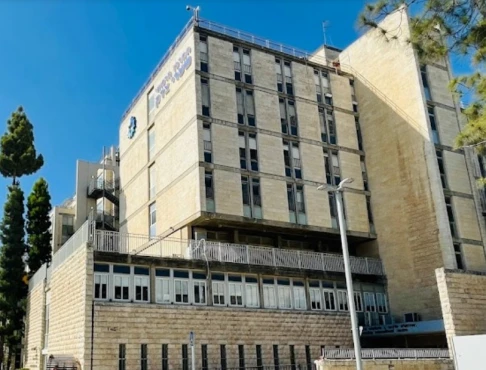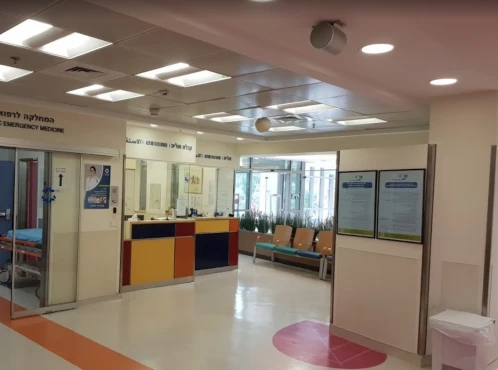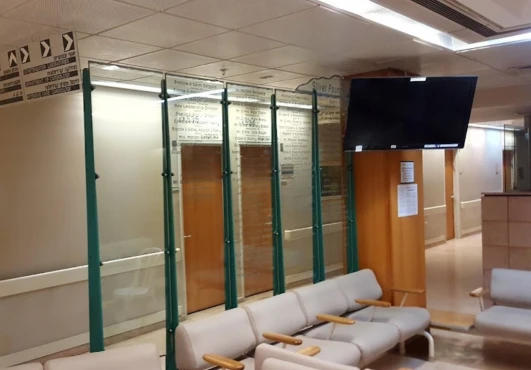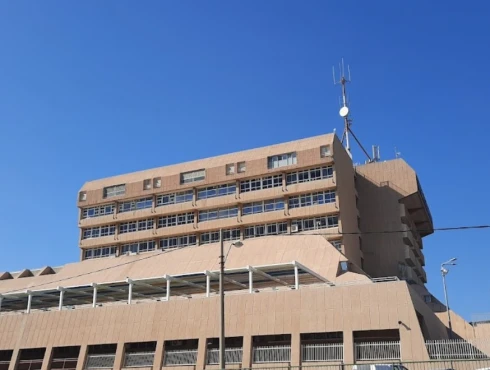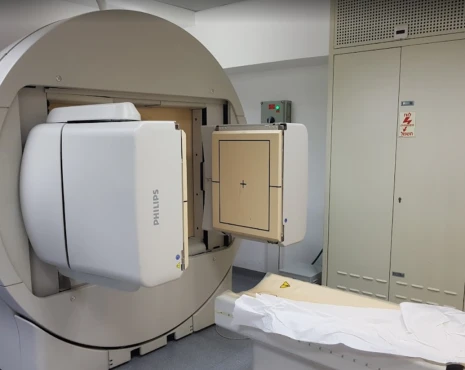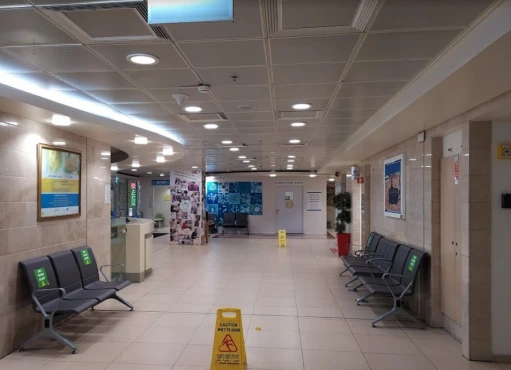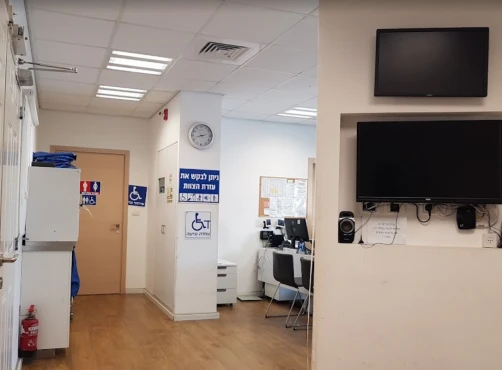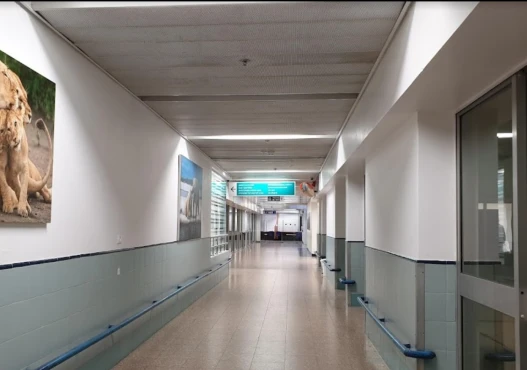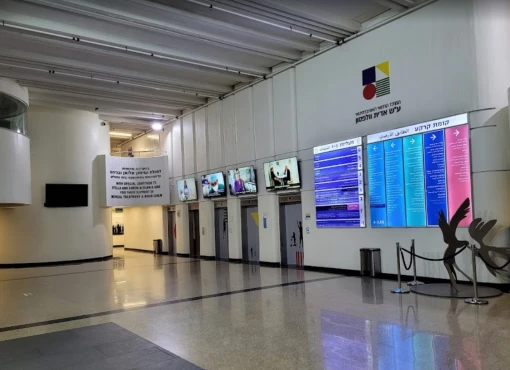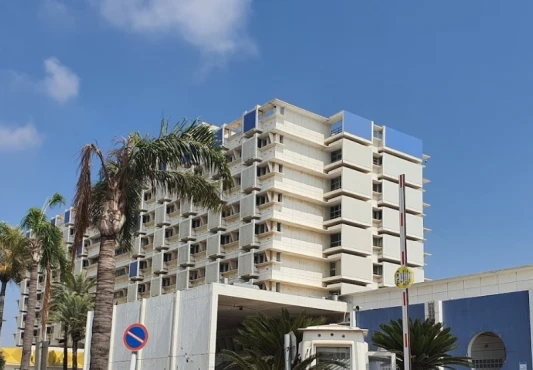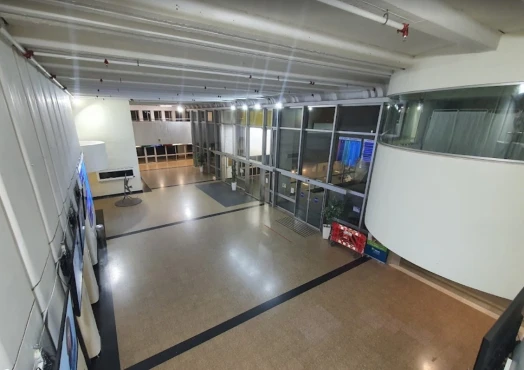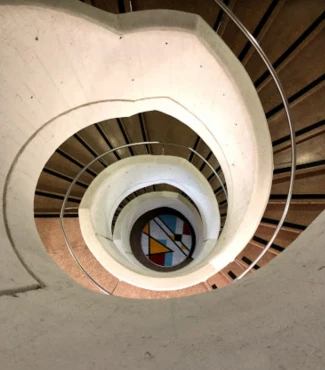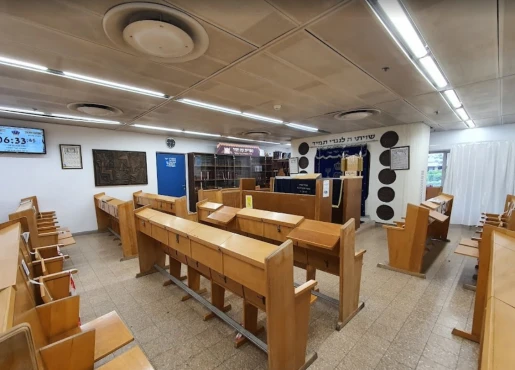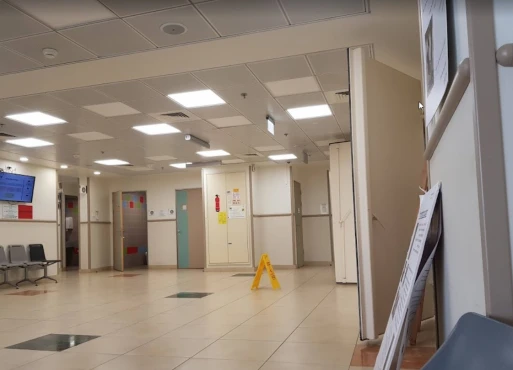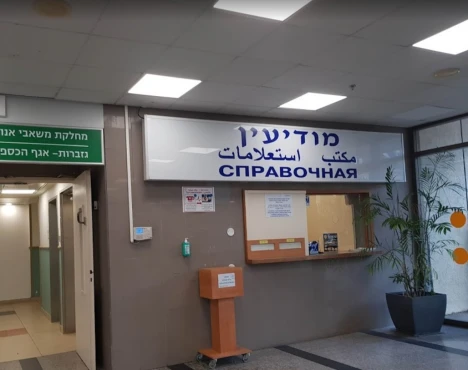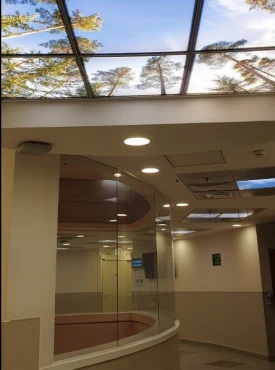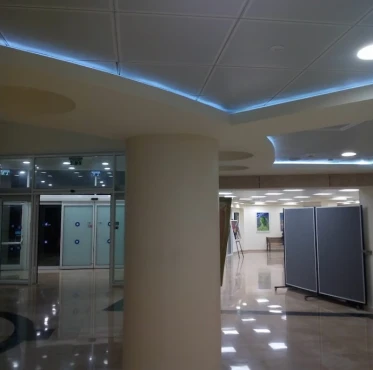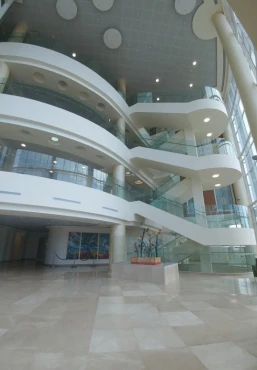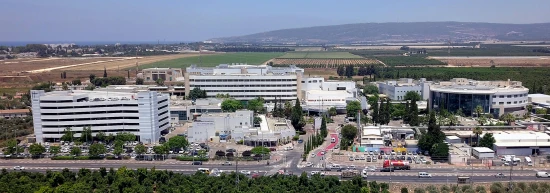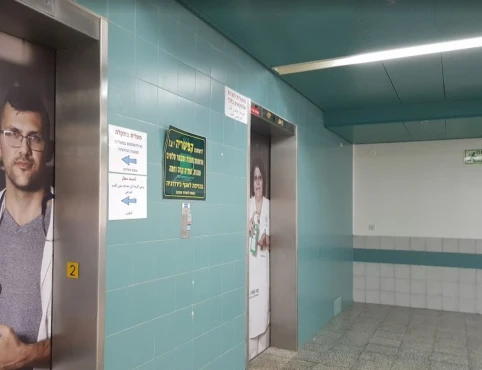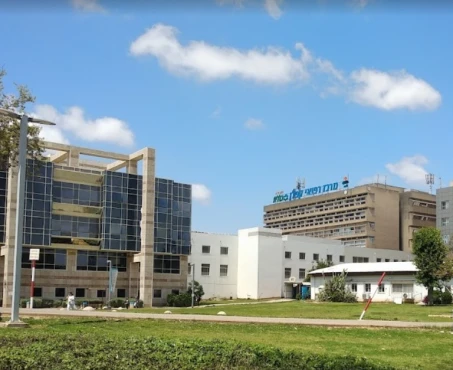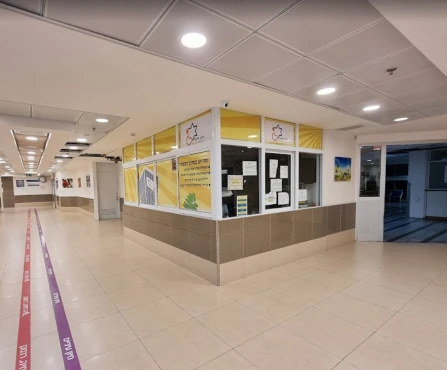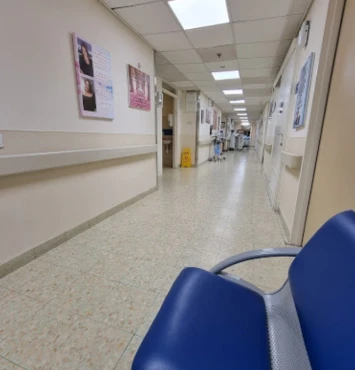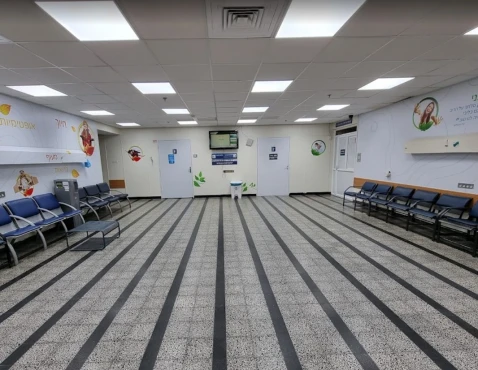Heart failure treatment in 17 Cardiac surgery clinics in Israel
17 clinics specializing in Cardiac surgery providing treatment of
Heart failure
Heart failure is a chronic condition where the heart cannot pump blood effectively to meet the body's needs. It results in symptoms such as shortness of breath, fatigue, fluid retention, and reduced exercise tolerance.
Read more...
disease in Israel.
Sorted by:
Relevance
Rating
Relevance
Prices for popular procedures:
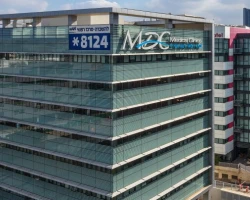
Tel Aviv, Israel
Specializations: Cardiac surgery, Vascular surgery, Thoracic surgery, Neurosurgery, Spine surgery, Orthopedic surgery, Oncology
Languages: English, Russian
Possessing the highest qualifications, the clinic staff strictly adheres to the principle of an individual approach, both from the side of medicine and from the
read more
Prices for popular procedures:
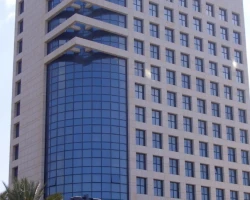
Tel Aviv, Israel
Specializations: Cardiac surgery, Vascular surgery, Neurosurgery, Spine surgery, Orthopedic surgery, Oncology
Languages: Russian, English
The Ramat Aviv Medical Center is a modern and sophisticated, privately owned medical facility. It is located in the Ramat Aviv mall, in one of
read more
Prices for popular procedures:
Prices for popular procedures:
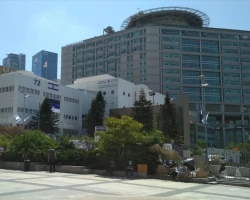
Tel Aviv, Israel
Specializations: Cardiac surgery, Vascular surgery, Thoracic surgery, Neurosurgery, Spine surgery, Orthopedic surgery, Oncology
Languages: English, Russian
Tel Aviv Sourasky Medical Center (Ichilov) is Israel’s leading multidisciplinary healthcare institution, globally recognized as a front-runner in the field of medical tourism. Every year,
read more
Prices for popular procedures:
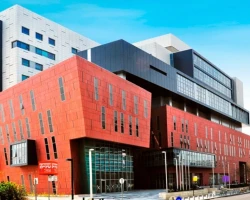
Tel Aviv, Israel
Specializations: Cardiac surgery, Vascular surgery, Thoracic surgery, Neurosurgery, Spine surgery, Orthopedic surgery, Oncology
Languages: English, Russian, Ukrainian
Assuta is the largest private hospital in the country. Every year the clinic receives several hundred thousand Israelis and patients from all over the world
read more
Prices for popular procedures:
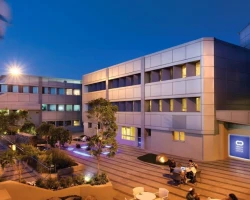
Herzliya, Israel
Specializations: Cardiac surgery, Vascular surgery, Thoracic surgery, Neurosurgery, Spine surgery, Orthopedic surgery, Oncology
“Herzliya Medical Center” Private Hospital is one of the leading medical institutions in Israel, founded in 1983 with the aim of creating a medical institution
read more
Prices for popular procedures:
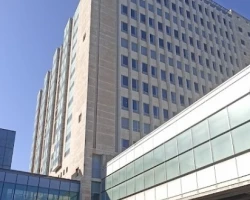
Jerusalem, Israel
Specializations: Cardiac surgery, Vascular surgery, Thoracic surgery, Neurosurgery, Spine surgery, Orthopedic surgery, Oncology
With over 130 departments and clinics, Hadassah Ein Kerem provides Israel's most advanced diagnostic and therapeutic services for the local and national population and a
read more
Prices for popular procedures:
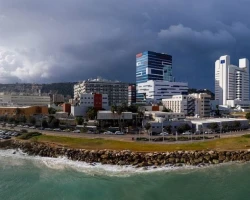
Haifa, Israel
Specializations: Cardiac surgery, Vascular surgery, Thoracic surgery, Neurosurgery, Spine surgery, Orthopedic surgery, Oncology
Languages: Arabic, English, Russian
Rambam Health Care Campus is a 1000-bed world-class teaching hospital. The patient population is diverse, as Rambam is the major tertiary (referral) medical center for
read more
Prices for popular procedures:
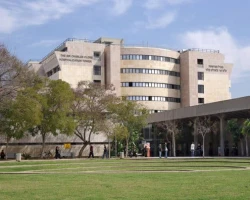
Ramat Gan, Israel
Specializations: Cardiac surgery, Vascular surgery, Thoracic surgery, Neurosurgery, Spine surgery, Orthopedic surgery, Oncology
Established in 1948, Sheba Medical Center is now the leading medical center in the Middle East and an internationally recognized healthcare facility. In 2019, Newsweek
read more
Prices for popular procedures:
Prices for popular procedures:
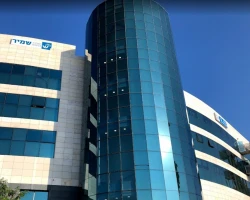
Rishon LeẔiyyon, Israel
Specializations: Cardiac surgery, Vascular surgery, Thoracic surgery, Neurosurgery, Spine surgery, Orthopedic surgery, Oncology
Languages: English, Russian
The Shamir Medical Center (Assaf Harofeh) is the fourth largest government university hospital in Israel and the main one in the Shefela area. The outpatient,
read more
Prices for popular procedures:
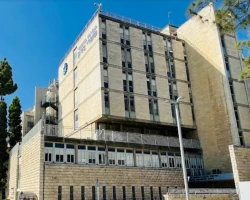
Jerusalem, Israel
Specializations: Cardiac surgery, Vascular surgery, Thoracic surgery, Neurosurgery, Spine surgery, Orthopedic surgery, Oncology
Languages: Arabic, English, Russian
Shaare Zedek is the largest multi-disciplinary medical center in Jerusalem, offering advanced services in most specialties. With a constant commitment to improve and provide our
read more
Prices for popular procedures:
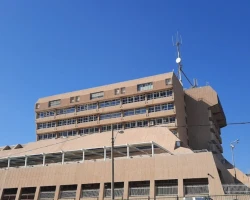
Haifa, Israel
Specializations: Cardiac surgery, Vascular surgery, Thoracic surgery, Neurosurgery, Spine surgery, Orthopedic surgery, Oncology
Languages: English
Carmel Medical Center is the crown sitting atop the Carmel Mountain range; the urban and rural healthcare provider for a million Israelis, serving Haifa, the
read more
Prices for popular procedures:
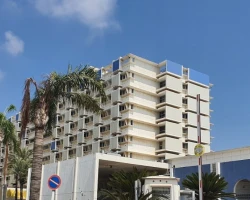
H̱olon, Israel
Specializations: Cardiac surgery, Vascular surgery, Thoracic surgery, Neurosurgery, Spine surgery, Orthopedic surgery, Oncology
Languages: Arabic, English
Wolfson University Medical Center (WMC) is a public multi-disciplinary medical center in Holon that serves a population of approximately half a million inhabitants in central
read more
Prices for popular procedures:
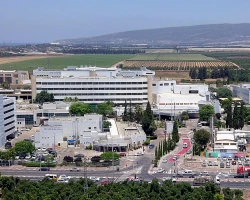
Nahariyya, Israel
Specializations: Cardiac surgery, Vascular surgery, Thoracic surgery, Neurosurgery, Spine surgery, Orthopedic surgery, Oncology
Galilee Medical Center (Hebrew: המרכז הרפואי לגליל, HaMerkaz HaRefu'i LaGalil), abbreviated GMC, is a hospital located in the coastal city of Nahariya and is the
read more
Prices for popular procedures:
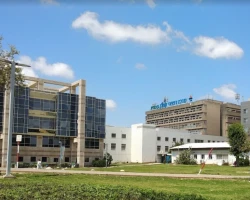
Reẖovot, Israel
Specializations: Cardiac surgery, Vascular surgery, Thoracic surgery, Neurosurgery, Spine surgery, Orthopedic surgery, Oncology
Languages: English, Russian
Kaplan Medical Center is an excellency center integrating professional quality, innovation and personal, humane and dedicated health care. The Kaplan Medical Center belongs to Clalit
read more
Clinics grouping by rating
Clinic with the highest rating of 4.4 — Herzliya Medical Center (HMC) in Herzliya, Israel and 1 more, clinic with the most reviews number of 1170 — Herzliya Medical Center (HMC) in Herzliya, Israel.
With rating 4.0 and over — 3 clinics .
Countries with the highest number of clinics treating the diseases:
Heart failure:
worldwide
774 clinics
Brazil
47 clinics
Germany
47 clinics
India
41 clinics
Mexico
35 clinics
Colombia
32 clinics
Related procedures:
Procedures are likely to be used for Heart failure treatment:
Cardiac catheterization,
Cardiac resynchronization therapy with defibrillator (CRT-D),
Cardiac resynchronization therapy with pacemaker (CRT-P),
Change of defibrillator,
and
Coronary catheterization
.
